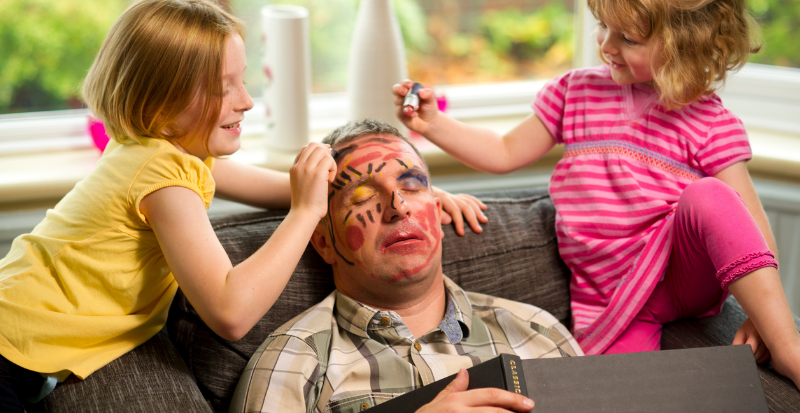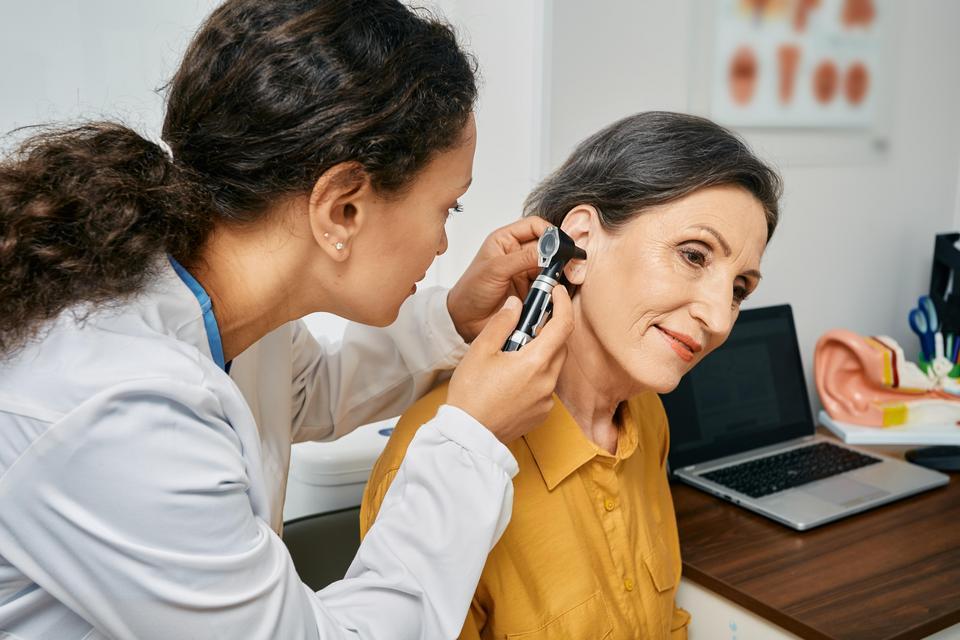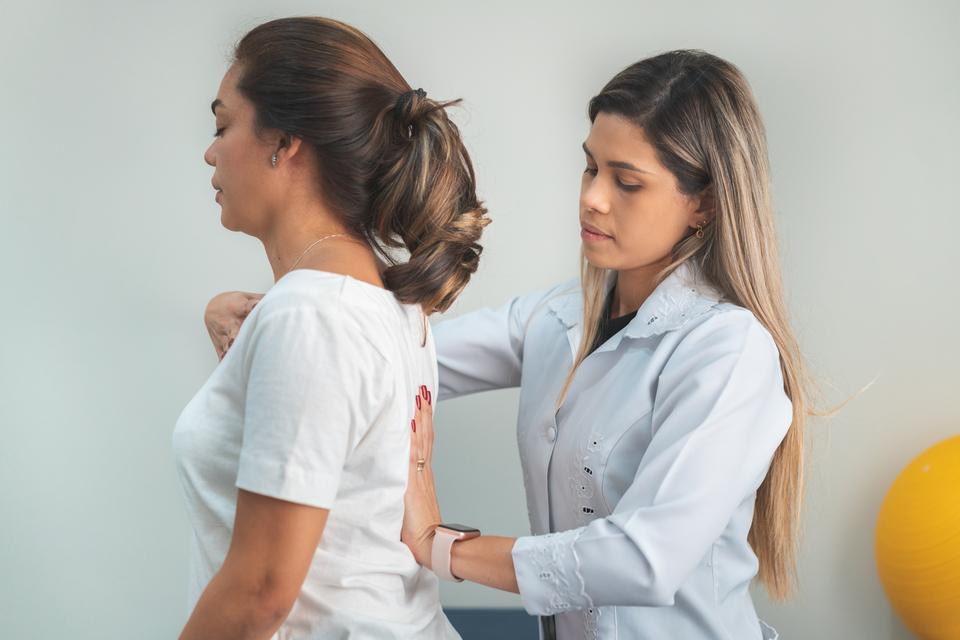It is estimated that 50 to 70 million Americans have chronic sleep disorders. Unfortunately, recognizing you might have a sleep disorder can be difficult and is often left unaddressed. There are over 80 types of sleep disorders. Some of the more common causes seen among patients include anxiety, depression, obstructive sleep apnea and circadian rhythm disorders.
Sleep is an important aspect of your health and well-being. Beyond simply feeling well-rested and not groggy throughout the day, chronic sleep insufficiency has many implications on your physical and mental health. Our body uses sleep to heal itself, to clear toxins from the brain and is even thought to help us learn new things. Studies show that frequently not getting enough sleep worsens chronic pain and increases your risk for things like cancer, diabetes, heart disease, obesity, anxiety and depression.
How Do I Know if I Might Have a Sleep Disorder?
There are many clues that might suggest you have a sleep disorder. Often, sleep disorders come on slowly and become the new normal, making it difficult to recognize that it is abnormal.
Signs of a Sleep Disorder
- How long it takes you to fall asleep.
- If you fall asleep the second your head hits the pillow, it could mean that you are not getting enough sleep. If it takes longer than 30 minutes to fall asleep, you could have a condition such as insomnia or circadian rhythm disorder.
- Not feeling well rested when you wake up in the morning
- Waking up frequently at night and having difficulty falling back to sleep
- Not breathing or snoring when you sleep
Additionally, you can take the Epworth Sleepiness Scale below. If you add up your score and it is above 10, it could suggest you are not getting enough quality sleep.
Scoring:
0 - would never doze
1 - slight chance of dozing
2 - moderate chance of dozing
3 - high chance of dozing
How likely are you to doze off or fall asleep in the following situations?
1. Sitting and reading
2. Watching tv
3. Sitting inactive in a public place (i.e., theatre or meeting)
4. As a passenger in a car for an hour without a break
5. Lying down to rest in the afternoon when able
6. Sitting and talking to someone
7. Sitting quietly after lunch without alcohol
8. In a car while stopped for a few minutes in traffic
Treatment of Sleep Disorders
Treatment for sleep disorders, first and foremost, involves identifying why patients have a sleep disorder. For example, if a patient has obstructive sleep apnea, identifying and treating sleep apnea will help the sleep disorder. Additionally, treatment may involve simply avoiding alcohol, caffeine, nicotine, artificial lights and heavy meals prior to bed. It is also important to maintain a consistent sleep schedule and avoid “sleeping in” on the weekends. There are many medications that can improve sleep; however, many of these only should be used on a short-term basis. Again, treatment of the underlying cause of a sleep disorder is more important to your health than covering up a sleep disorder with medication.
If you feel you may not be getting enough quality sleep, talk to your primary care provider. Altru’s Sleep Center team may be able to help you, for more information call 701.780.5484.







